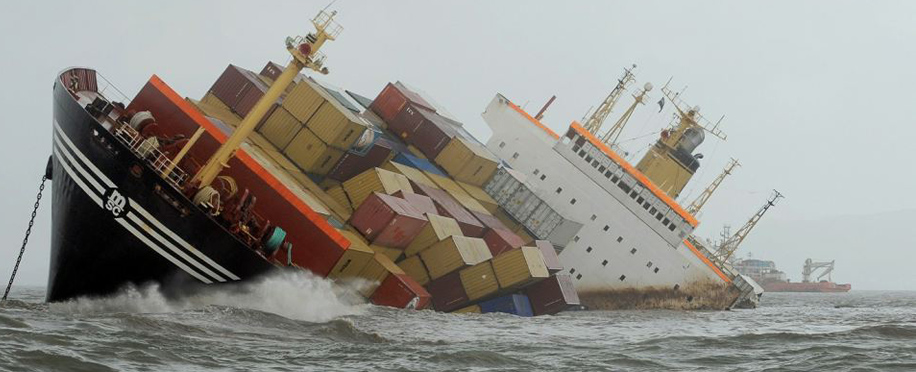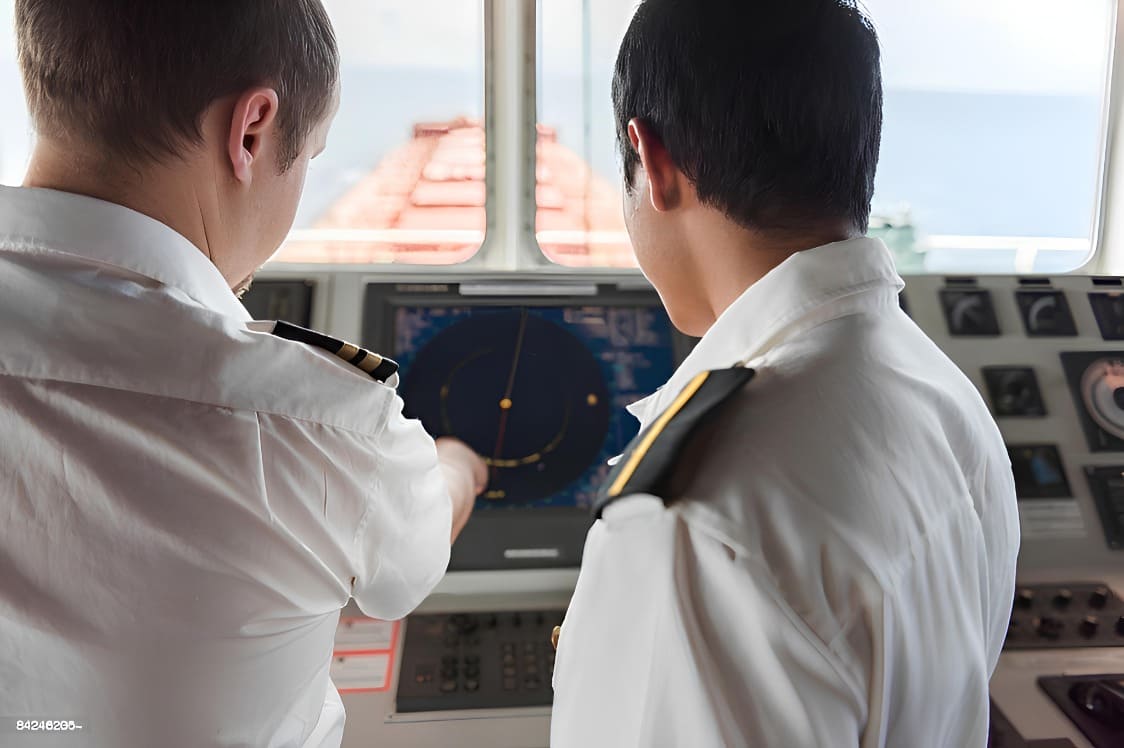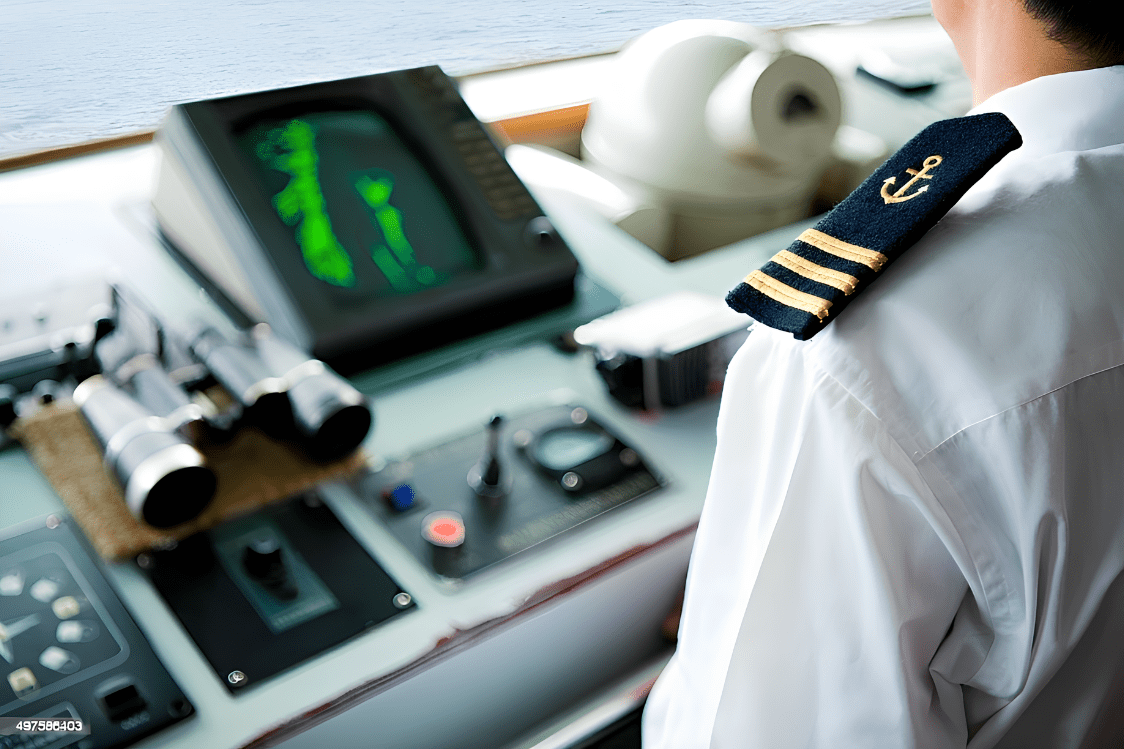Maritime Cybersecurity Regulations: Ensuring Data Protection and Integrity

Posted on Sep 03, 2023 at 11:09 PM
Marine cybersecurity is critical as cybercrime is becoming an increasingly vital threat that every vessel and fleet faces when going offshore. With the increased number of threats happening to ships daily, companies should guard against major and minor threats.
In this article, you can find a comprehensive guide to maritime cybersecurity, its requirements and recommendations.
What does maritime cybersecurity mean? an overview
Maritime cybersecurity refers to safeguarding data, information and infrastructure against cyber threats. As the world's largest industry, the maritime sector must ensure a proper defence against cyber attacks and a solid foundation to build on.
Data security and integrity are crucial for shipping companies to carry out their business operations. With the introduction of regulations aimed at safeguarding companies from cybercrime, the maritime sector faces mounting pressure to secure its IT systems.
Shipping companies encounter types of threats, including;
-
Denial of Service attacks involve websites or servers by flooding them with excessive requests, causing them to crash.
-
Malware infections are viruses or other harmful software designed to damage files or steal data.
-
Phishing emails: These deceptive emails appear legitimate. Contain links or attachments that can compromise security.
Safeguarding maritime cybersecurity is essential for ensuring secure operations within the industry and providing safety against any marine risk.
The International Maritime Organisation (IMO) has invested global efforts in establishing maritime security regulations, particularly in cybersecurity.
They have released guidelines that outline recommended strategies to protect ships from cyberattacks and guide companies on how they should handle incidents if they occur.
What kind of regulations are there for maritime cybersecurity?
Maritime cybersecurity regulations are becoming a growing concern. While cybercrime is not a recent phenomenon, it has become more challenging to combat due to the interconnected nature of ships and other vessels.
This challenge comes from the fact that there are plenty of regulations for assessment management cybersecurity. These include;

-
National laws and regulations
-
The Uniform Law on Maritime Liens and Mortgages (ULMML)
-
The SOLAS Convention,
-
The Maritime Safety Convention
-
The MARPOL Convention.
-
Maritime Cybersecurity Assessment and Annex Guide (MCAAG)
When you think about it, these regulations result from the increasing challenges the maritime world has to go through in the face of digital vulnerabilities in the marine industry. Similarly, these vulnerabilities result from the growing interconnectivity and dependence on technology.
This is not surprising; in today’s world, each ship can be considered a moving city that carries people and cargo across oceans, and they're bound to fall under a cyberattack. Implementing techniques to protect a vessel is essential to keep Maritime Insurance intact.
How does cyber security help the maritime industry?
We can examine the importance of maritime cybersecurity in case of a breach in the ship's security. Once the boat becomes threatened, it can suffer much damage to assets and data. In such incidents, ships need to be prepared to have a specific and compelling response to this criminal act.
That's where the importance of cybersecurity comes into play. Maritime cybersecurity provides ship owners and operators the necessary knowledge and skills for protecting against cybercriminals and taking the proper measures against any threat.
Maritime cybersecurity recommendations
The maritime industry is incredibly vast and intricate, involving stakeholders who all have their interests to safeguard. This poses a challenge for authorities in regulating the industry. Nevertheless, there are recommendations to mitigate cybersecurity risks within the world;
-
Strengthening cybersecurity regulations and laws and providing the right insurance in case of an accident at sea.
-
Improving awareness of cyber risks and building resilience against any circumstance of cybercrime.
-
Improving cybersecurity infrastructures, especially for critical systems like central control systems
-
Investing more in research and development of technologies that can be used to secure maritime networks against cyber threats
-
Increasing education and training on cybersecurity for all parties involved in the marine industry. By joining Maritime Law courses in London, students and employees working in the marine sector can learn from experts in the field and understand more about the subject
-
Implementing cyber risk management strategies and securing ships against the common threats that might occur.
The maritime industry can significantly enhance its cybersecurity posture by implementing these measures. This will help protect critical systems, mitigate potential cyber threats, and reduce vulnerabilities, ultimately ensuring the security and safety of maritime operations.




